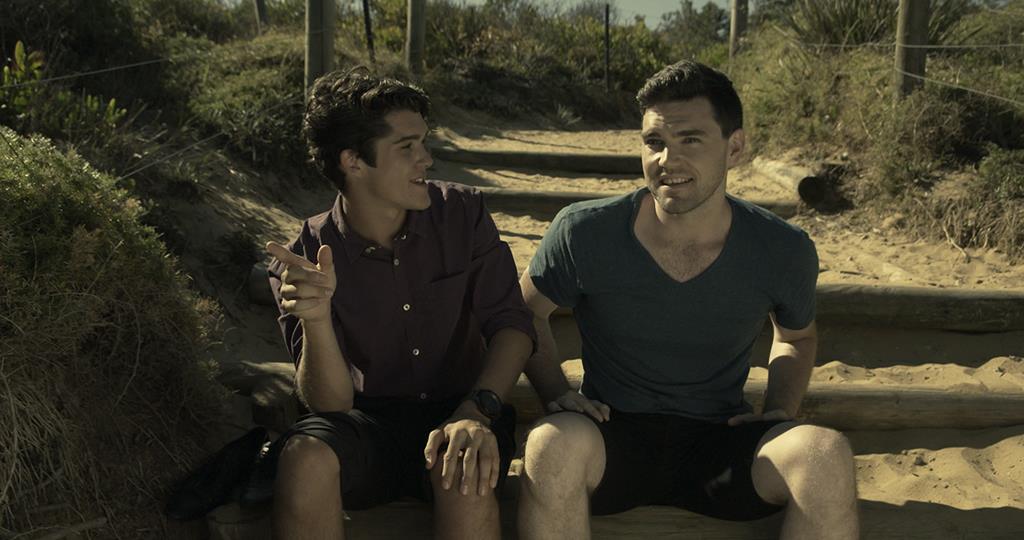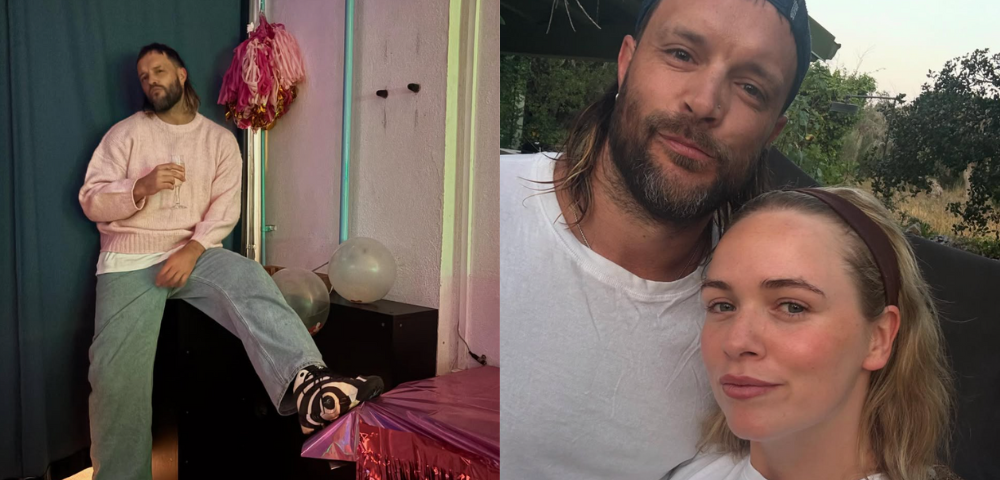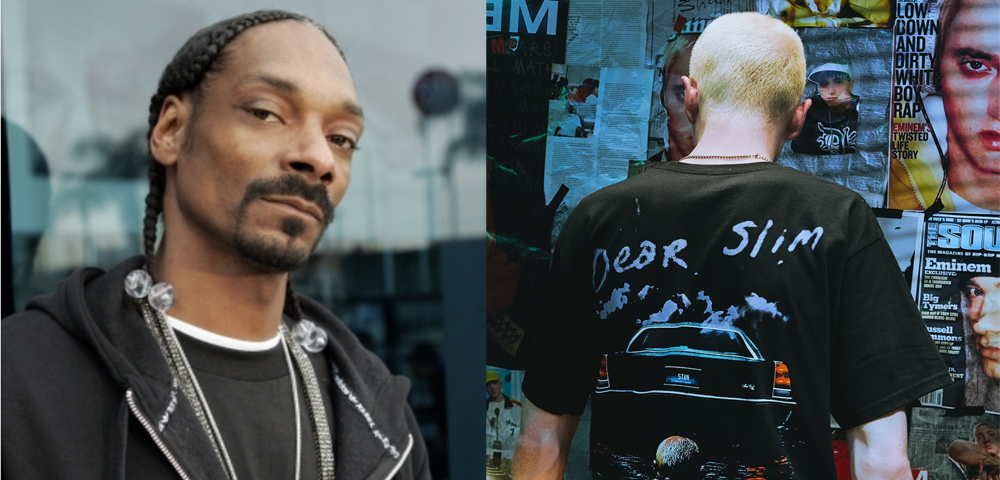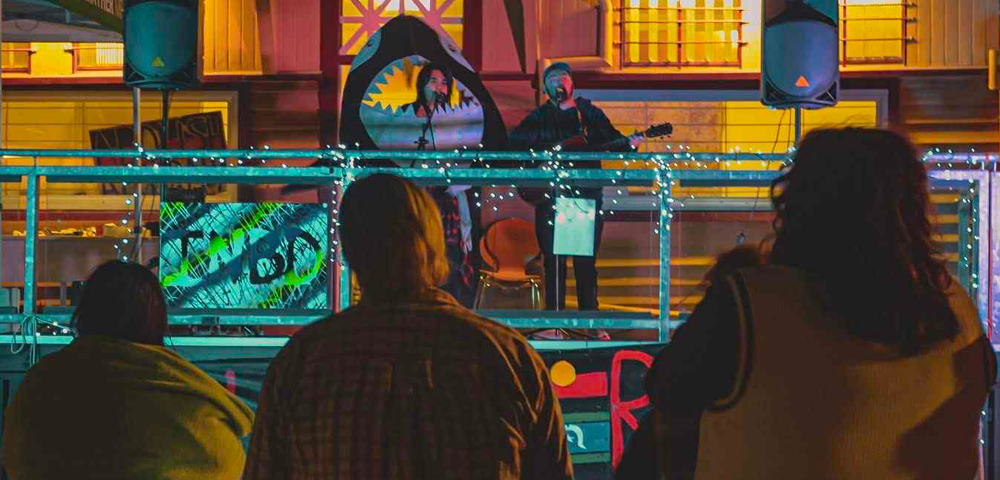
Film review: Wish for Tomorrow

WISH for Tomorrow could well be one of the most important films to hit the festival circuit this year.
Directed by newcomer Pierre-Nicolas Panasci, it stars Brayden Dalmazzone as Michael Formont, and Mitchell Why as James Macanwall.
At its heart is a love story – albeit not a typical one. The film is based loosely on the story of Shane Britney Crone and his partner Tom Bridegroom. When their heartbreaking story went viral a couple of years ago, it became the subject of the critically-acclaimed 2013 documentary Bridegroom.
Wish for Tomorrow takes that story and gives it a domestic spin, exploring the fight for equality, and the acceptance that comes with it. It’s framed by the romance of Michael and James – from their first encounter, through to their courtship – and all that comes between.
The narrative is set against the backdrop of Sydney’s bustling CBD, bought to life both day and night. The city seems almost to become a character in itself. There are lingering shorts of vibrantly-lit skylines, interlocked hands on city streets, and kisses stolen under streetlights.
It’s the sort stuff that’s not normally seen in Australian cinema, and it’s the chance of seeing such a thing on the big screen that really makes the film feel like something else.
Woven throughout are themes of family, of companionship, of life and of death. It’s an exploration not just of what it means to be gay in this contemporary world, but also of what it means to be human. So to is it a very firm reminder that life can come along and throw a curveball when you least expect it.
Ultimately it asks: how dark are the consequences when our relationships are not legally recognised?
There are shades of Prayers for Bobby at play here. Anyone who has seen that film will understand why Wish for Tomorrow is such an important movie to be produced domestically – particularly when considering the somewhat limited history of queer cinema in this country.
It’s not the happiest of tales, but it’s one that is necessary to be told – and given the limited resources the production team was working with, it’s one that was achieved quite competently through sound writing, direction and cinematography. The performances not just from the leading cast – but the supporting too – to capture the true emotional gravitas of the narrative.
The film is an incredibly raw experience. The further into the story that we as an audience move, the more that such an unfettered approach to production begins to work in its favour. It makes the emotional investment much stronger – and much more rewarding. Those moments that resonate manage do to so in quite a profound way.
The story that Wish for Tomorrow tells is not an easy one, nor is it necessarily a happy one – but it’s important. It might not have had the biggest budget, but it’s got a big heart.
There’s a message here and it’s a very clear one – that we as people are equal, and so is the love we share for one another.
The film is now running a Kickstarter campaign to have it promoted to a wider audience and at film festivals. Details: click here









